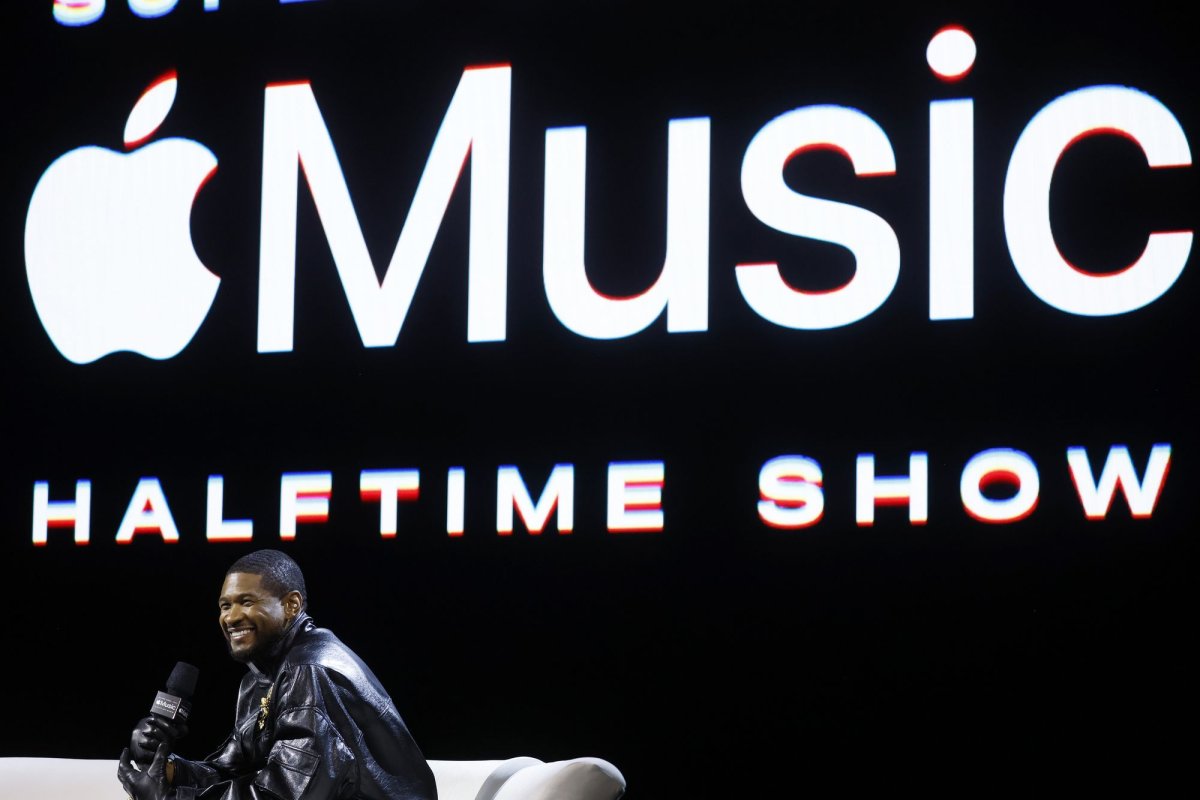
March 4 (UPI) — The European Union fined Apple at least $1.95 billion on Monday for exploiting its market position to illegally block music subscription providers directing App Store users toward cheaper prices for the same subscription elsewhere.
The fine was imposed after an anti-trust investigation found Apple had “anti-steering provisions” in place preventing streaming services from telling owners of iOS devices such as iPhone and iPad about other services, the European Commission said in a news release.
“For a decade, Apple abused its dominant position in the market for the distribution of music streaming apps through the App Store. They did so by restricting developers from informing consumers about alternative, cheaper music services available outside of the Apple ecosystem. This is illegal under EU antitrust rules,” said competition executive vice-president Margrethe Vestager.
The anti-steering rules also banned developers from telling users about price differences between in-app subscriptions sold through Apple’s in-app purchase mechanism and those available elsewhere or providing links to their website where they could subscribe directly.
Developers were also prevented from contacting their own newly signed-up customers by email or other channels to inform them about alternative pricing options, the commission said.
Apple’s rules, which the commission said were unnecessary and disproportionate to the threat to its commercial interests, “negatively affect the interests of iOS users, who cannot make informed and effective decisions on where and how to purchase music streaming subscriptions for use on their device.”
“Apple’s conduct, which lasted for almost 10 years, may have led many iOS users to pay significantly higher prices for music streaming subscriptions because of the high commission fee imposed by Apple on developers and passed on to consumers in the form of higher subscription prices for the same service on the Apple App Store,” the commission said.
Anti-steering also inflicted a non-monetary “degrading” of the iOS user experience, forcing consumers to undertake “cumbersome” searches to track down offers outside the App Store, or denying them the chance to subscribe to any service due to being unable to find the right one on their own.
Apple responded by rebuking the commission for a decision it said was reached without “any credible evidence of consumer harm” and ignored the “realities of a market that is thriving, competitive, and growing fast” and accused regulators of favoring its European rival, Spotify, saying the Swedish company met with the commission 65 times during the investigation.
“The primary advocate for this decision — and the biggest beneficiary — is Spotify,” Apple, said in a statement in which it claimed Spotify had paid it nothing for services that had helped it capture 56% of Europe’s streaming market and make it one of the most recognizable global brands.
“A large part of their success is due to the App Store, along with all the tools and technology that Spotify uses to build, update, and share their app with Apple users around the world.”
In January, Spotify announced it would be allowed to offer in-app sales on iPhones and iPads starting in March after Apple was forced to allow it under European Union regulations.
The changes under the EU’s Digital Markets Act will enable Spotify customers to “seamlessly” purchase and upgrade subscriptions along with audiobooks and other products within the Spotify app.
Previously, transactions were only permitted via the App Store, where Apple took a 30% cut.
In addition, Spotify said it would be able to provide details of subscription and audiobook prices, previously also blocked from appearing within the app.
The commission argued that by only allowing developers to distribute their apps to iOS users in the European Economic Area via the App Store, Apple controlled every aspect of the iOS user experience and set the terms and conditions with which developers must comply in order to get access to European iOS users.
